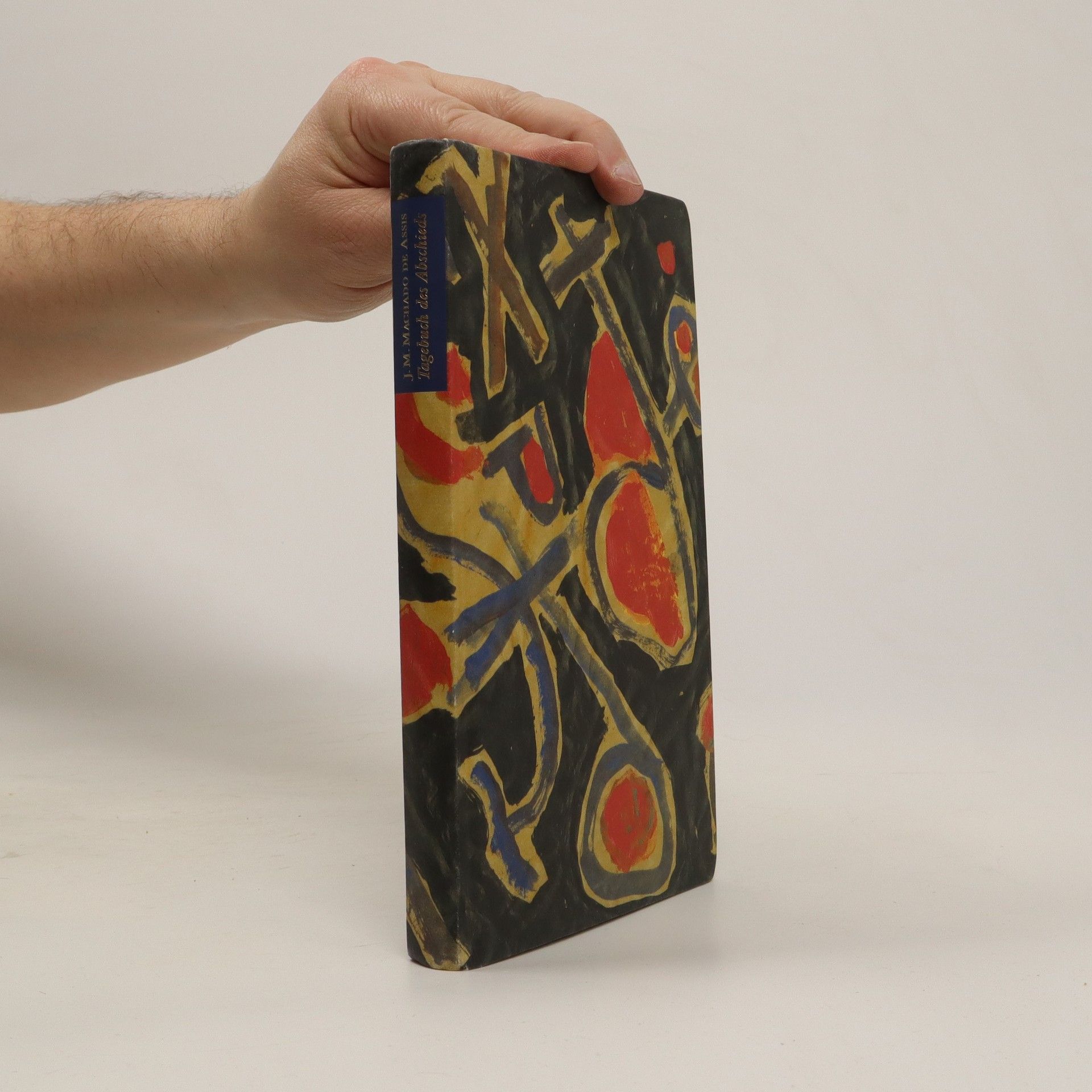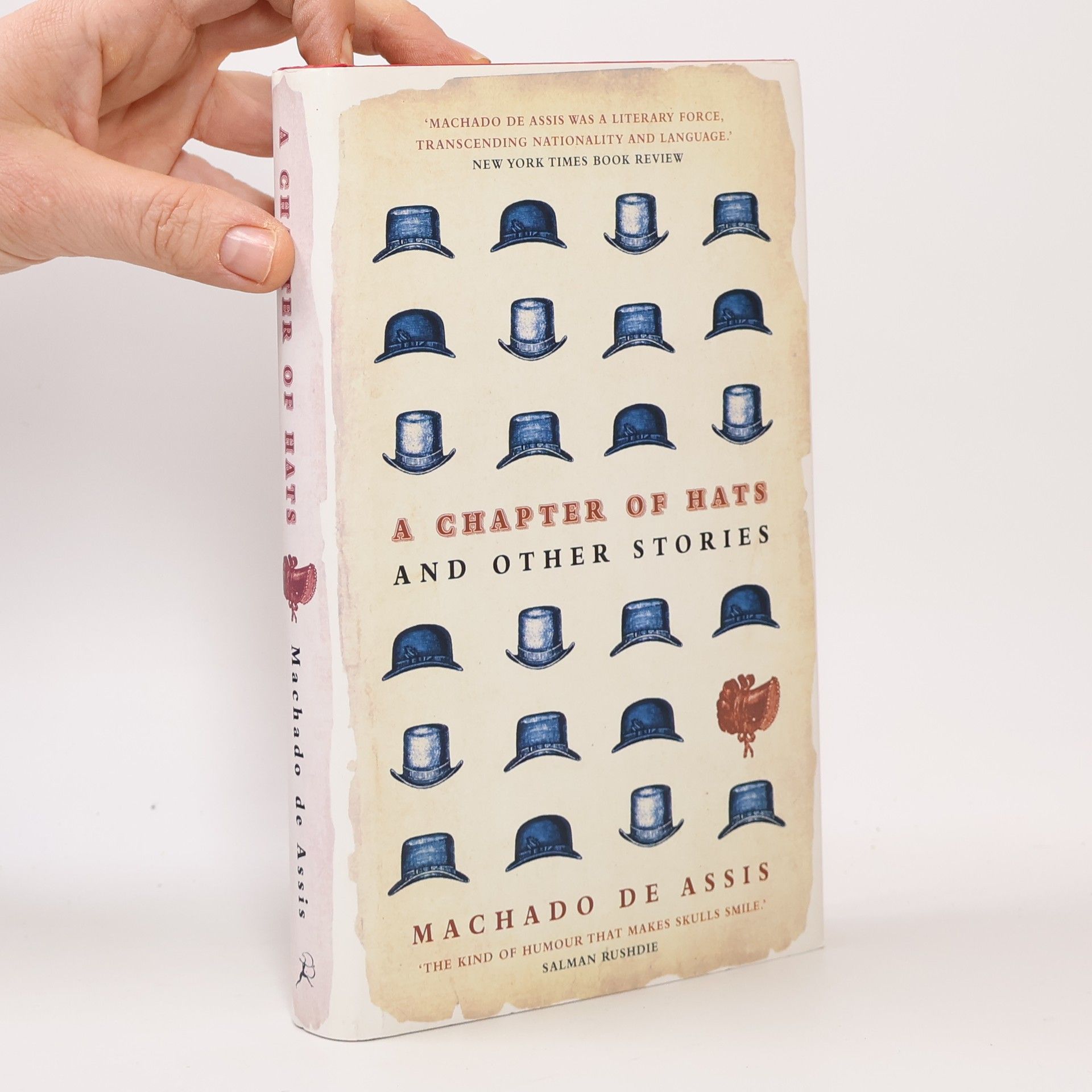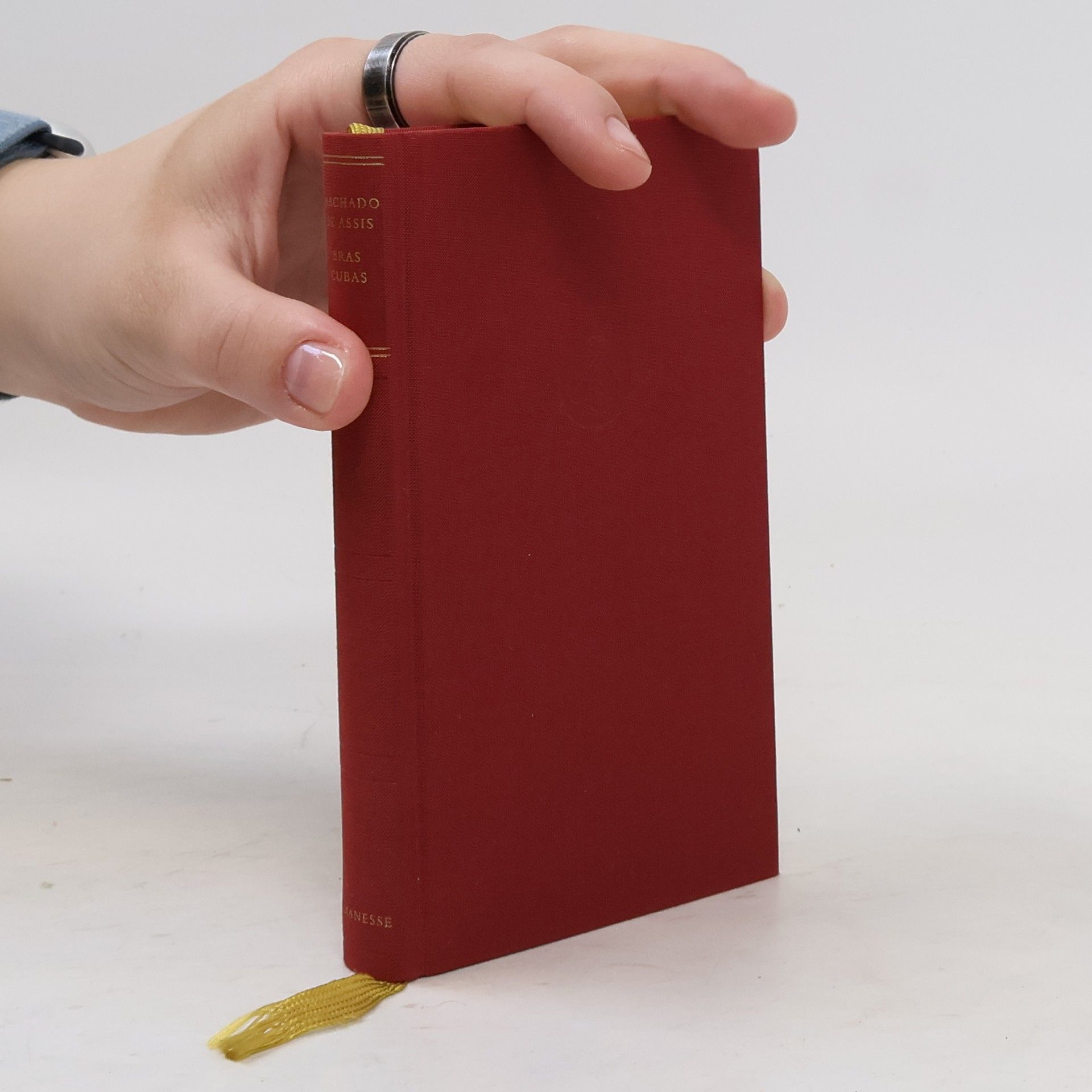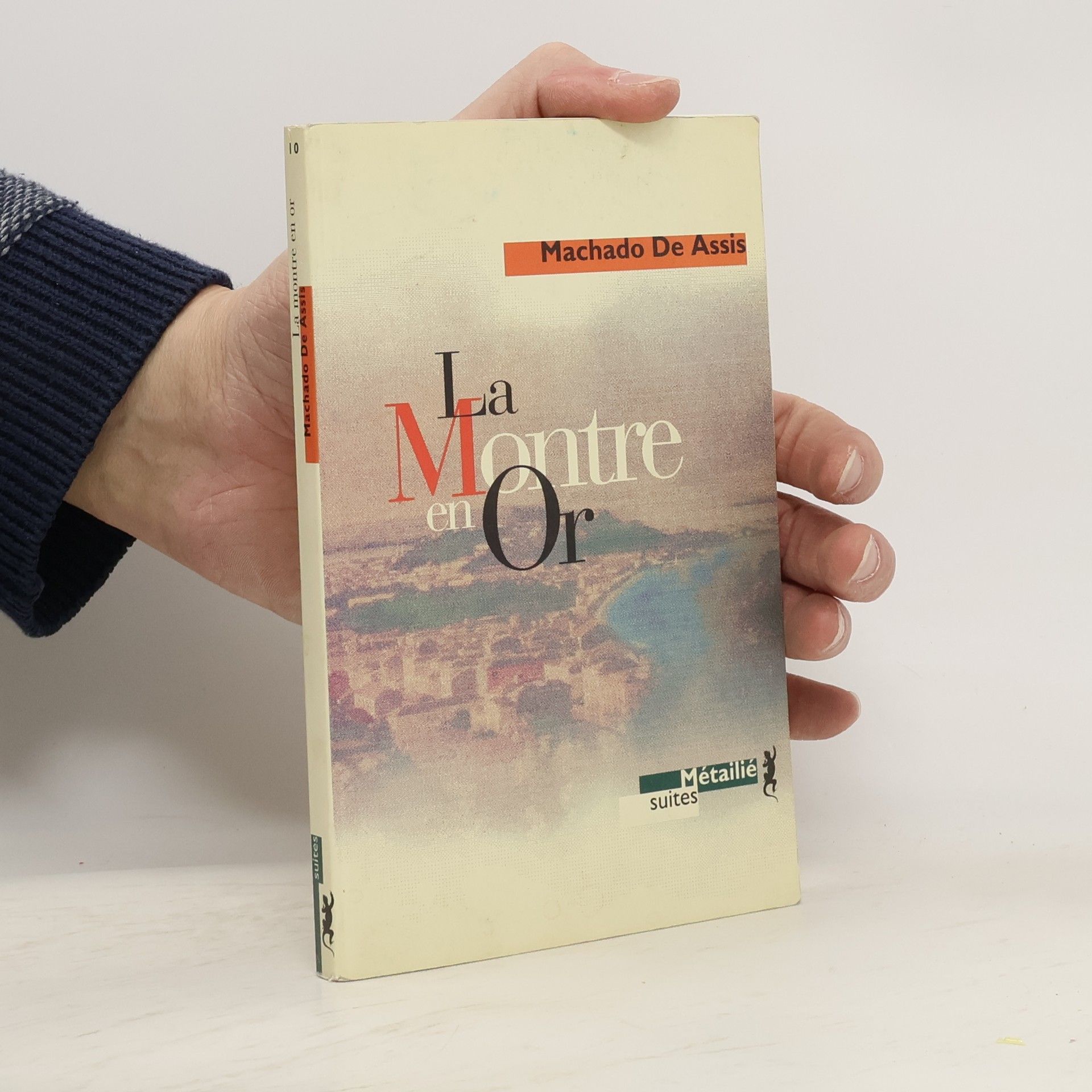'If Borges is the writer who made Garcia Marquez possible then it is no exaggeration to say that Machado De Assis is the writer who made Borges possible' - Salman Rushdie
Machado de Assis Book order (chronological)
Machado de Assis stands as the preeminent voice in Brazilian literature. His literary output profoundly shaped subsequent Brazilian literary movements and continues to resonate with readers. Machado's narratives delve into the complexities of the human psyche with a distinctive ironic touch, offering keen observations on society. Though his international acclaim grew posthumously, he is now recognized as a towering figure in world literature.




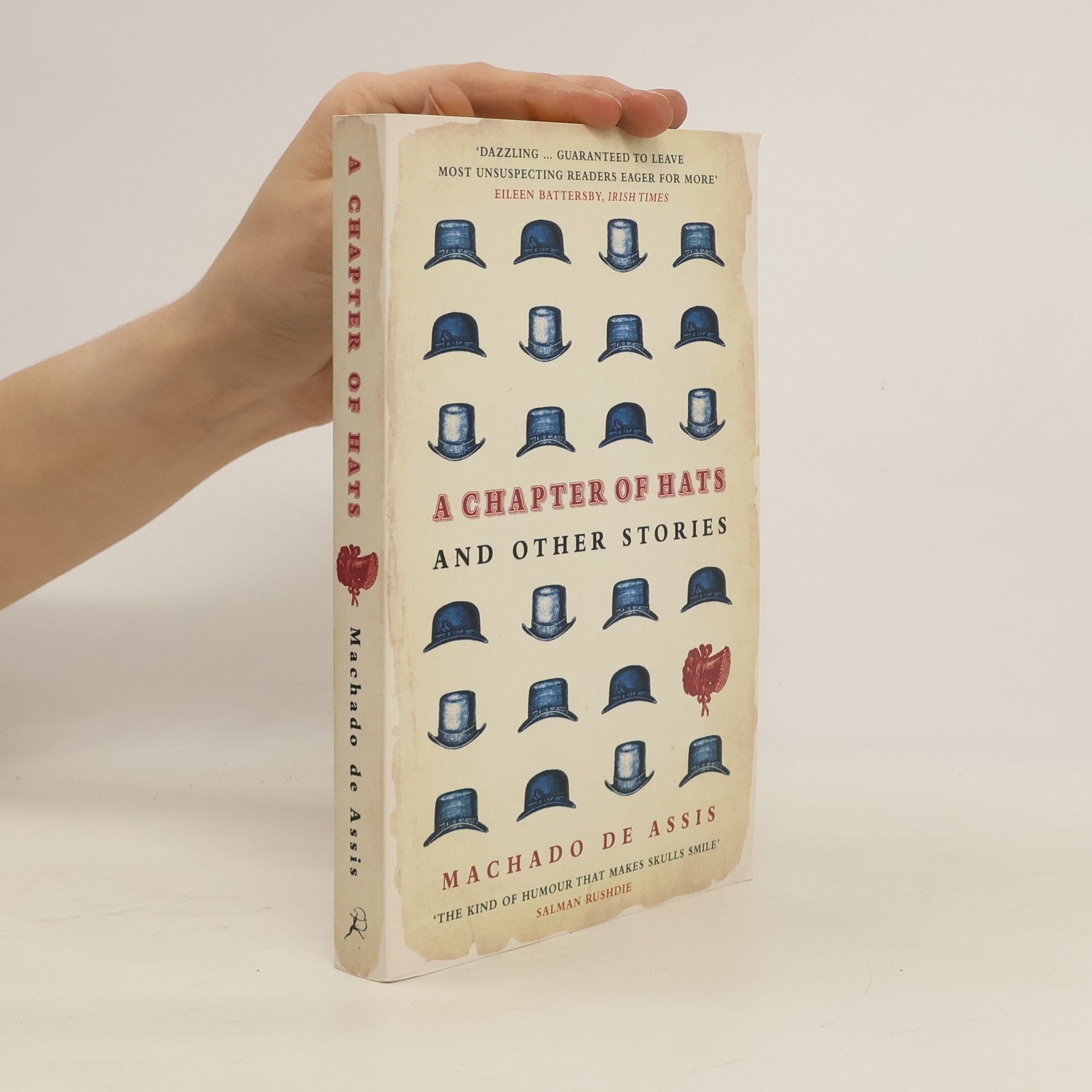


8x Machado de Assis
- 252 pages
- 9 hours of reading
Dvojjazyčná zbierka zahŕňa najznámejšiu novelu Psychiater a sedem poviedok brazílskeho majstra kratších prozaických útvarov Machada de Assis. Od humorných a satirických, cez psychologické, až po mrazivé. Autor vodí čitateľa ulicami Ria de Janeiro devätnásteho storočia a prostredníctvom svojho brilantného pozorovacieho talentu mu odhaľuje rozličné vlastnosti a pohnútky jeho obyvateľov, či už ide o neveru, pokrytectvo, politické alebo vedecké ambície. A dokazuje nám, že ľudská podstata sa od jeho čias až tak veľmi nezmenila. Dvojjazyčná publikácia vám okrem hlbokého literárneho zážitku pomôže rozšíriť si slovnú zásobu a začítať sa do diela aj v portugalčine.
«Der großartigste lateinamerikanische Autor aller Zeiten.» Susan Sontag Was wäre geschehen, hätte nicht Jesus die Bergpredigt gehalten, sondern der Teufel? Was, wenn Männer und Frauen ihre Seelen und Rollen tauschten? Joaquim Maria Machado de Assis, berühmtester Klassiker Brasiliens und Vorbote des Magischen Realismus, stellt in seinen Erzählungen ironisch alle Konventionen auf den Kopf. Lustvoll spielt er mit den Erwartungen seiner Leser und lotet Grenzen aus: von Gut und Böse, Vernunft und Wahnsinn, bürgerlichem Schein und Sein. Dieser Auswahlband versammelt Machado de Assis' beste Geschichten – allesamt Neu- und deutsche Erstübersetzungen – zu einem Panorama kompromissloser Originalität.
Kľukatou cestou do Ria
- 164 pages
- 6 hours of reading
Prvá knižná zbierka brazílskeho majstra poviedok Machada de Assis. V siedmich krátkych prózach sa autor venuje rozličným podobám manželstva a okolnostiam i pohnútkam, ktoré hrdinov vedú k jeho uzatvoreniu. A zďaleka za tým nehľadajte iba lásku. Získa niekdajší zhýralec Luís Soares srdce svojej sesternice? Nájde krásna Eugênia šťastie u tajomného neznámeho? Dokáže sa sveták Gomes skutočne zmeniť? Prostredníctvom odpovedí na tieto otázky spoznáte, ako žila vyššia spoločnosť Ria de Janeiro a ako kriticky na ňu hľadel Machado de Assis.
2016 15 Anos do CBHSF. 515 Anos do Rio São Francisco
15 Years of the CBHSF. 515 Years of the São Francisco River
A Chapter of Hats and Other Stories
- 288 pages
- 11 hours of reading
Machado de Assis (1839-1908) is the great Brazilian author of Philosopher or Dog? and Epitaph of a Small Winner, whose work is admired by writers as different as Salman Rushdie, Carlos Fuentes, Woody Allen and Susan Sontag. Taken from his mature period, these dazzling stories echo Poe and Gogol, anticipate Joyce, and have been compared to the writing of Chekhov, Maupassant and Henry James, yet his modern sensibility and clear-eyed humour remain utterly unique.
A Chapter of Hats and Other Stories - Translated by John Gledson
- 288 pages
- 11 hours of reading
Two gentlemen standing outside a church in Rio de Janeiro see a respectable lady emerge - one of them has an unexpected, and to him inexplicable story to tell about her past life as a prostitute; a popular composer of polkas burns the midnight oil in a desperate attempt to create great classical music; a teenager finds himself caught up by the sight of the bare arms of an older woman who lives with his employer; an impoverished, lazy young man turns to the lucrative trade of catching runaway slaves; dull, monotonous Mariana has a tiff with her husband about the hat he wears to town, and decides to sing "the Marseillaise of matrimony" by going off on a trip to town herself with her more daring, flirtatious friend Sophia.These are some of the situations developed in these stories, some of the most brilliant to have been written in the nineteenth century. They echo Poe and Gogol, they anticipate Joyce, they have been compared to contemporary works by Chekhov, Maupassant, and Henry James, yet they are not quite like any of these. Anyone who has read Epitaph of a Small Winner or Dom Casmurro, his most famous novels, will want to savour these stories - those who haven't, will find them a varied and enjoyable introduction to Machado's work.
Die nachträglichen Memoiren des Bras Cubas. Roman
- 512 pages
- 18 hours of reading
Die nachträglichen Memoiren des Bras Cubas sind ein originelles, radikal skeptisches Werk, das mit Witz und Geist begeistert. Der Protagonist, ein liebenswerter Querkopf, reflektiert sein Leben aus dem Jenseits und thematisiert mit satirischem Humor die Wirrnisse menschlicher Beziehungen. Ein amüsanter Schelmenstreich voller Komik und Tragik.
Suites: La montre en or
- 162 pages
- 6 hours of reading
Une montre en or apparaît sur une table de nuit; les bras d'une femme troublent un adolescent; une cartomancienne révèle un avenir radieux; un miroir ne reflète plus un jeune homme et permet la naissance d'une nouvelle théorie sur l'âme humaine; une jeune femme sage se donne à un passant; un compositeur est saisi par la polka; une dame refuse obstinément de vieillir; un jeune homme écoute une femme, un soir de Noel, et ne comprend plus rien...... L'auteur met en scène ces situations pour l'intense plaisir du lecteur qui y retrouve la joie, le bonheur et l'incertitude qui ravit l'intelligence.




